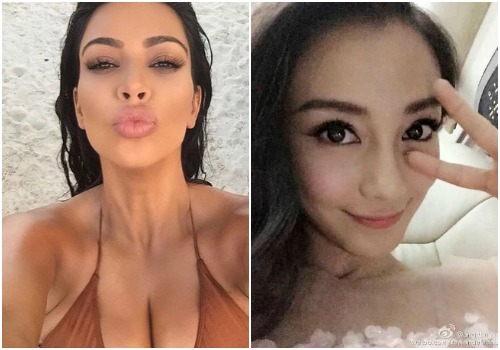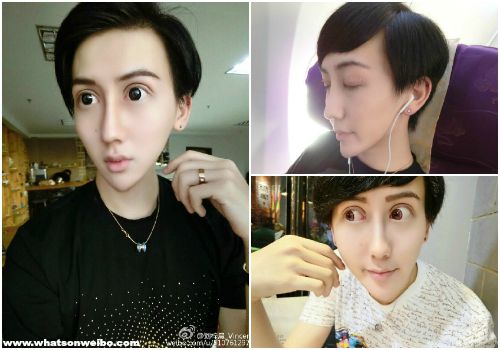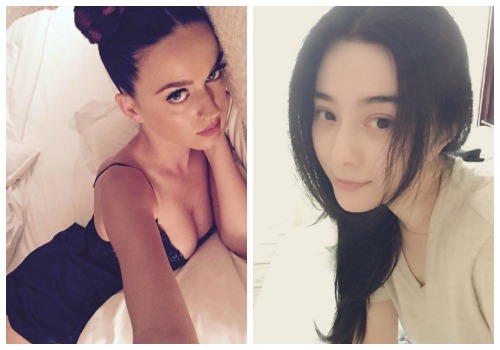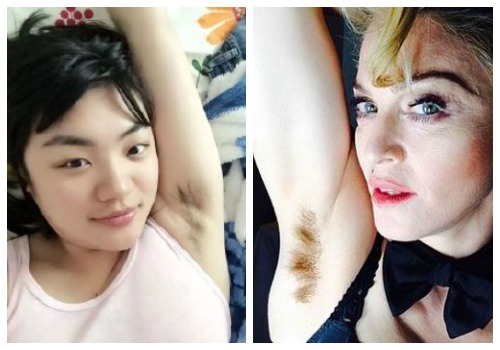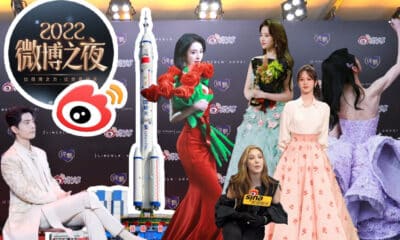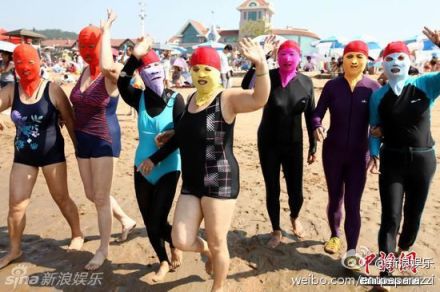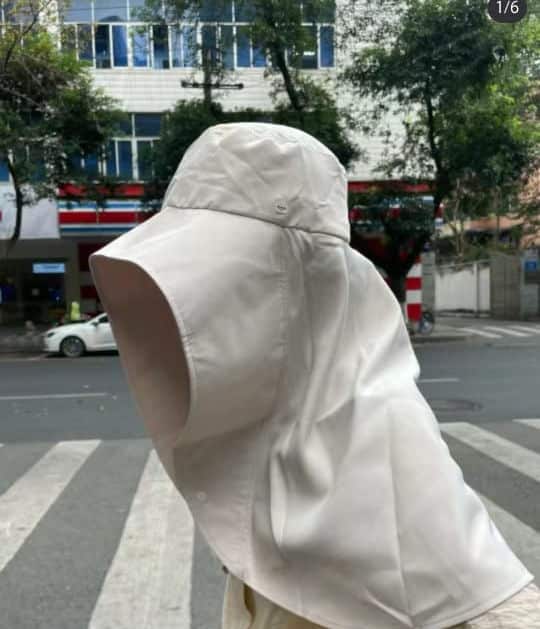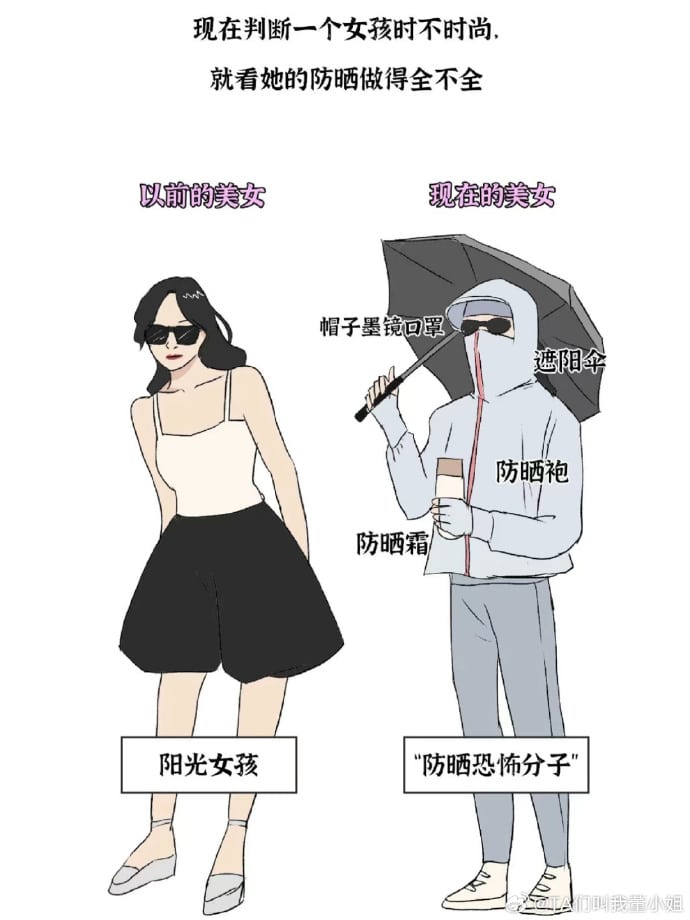An incident from earlier in July continues to spark discussions on Chinese social media about wearing Japanese-style clothing and where to draw the line between freedom of dress and banning attire deemed too sensitive.
The incident occurred in Jinan on July 20, when a girl wearing a Japanese yukata was refused entry to a local comic convention due to her attire. A yukata is similar to a kimono but more casual and lightweight, usually worn during the summer.
A video of the incident went viral, showing the girl dressed as Nezuko Kamado, a main character in the manga series Demon Slayer. The person filming, presumably the security guard at the venue, tells the girl she cannot enter dressed in a kimono and sends her away. “We don’t allow kimonos,” he says. “This is China.”

Screenshots of the video by RFA.
Although many applaud the decision to refuse Japanese traditional clothing at the convention, some commenters express frustration over such regulations at an anime convention, given that much of anime culture originates from Japan.
“With such a rule, why even bother holding an anime convention at all? Everything comes from Japan,” one top comment said.
“This is not even normal Japanese traditional clothing; it’s cosplay,” another person wrote.
Some people, however, point out that there are more cosplay events in China where dressing in Japanese-style attire goes against the rules, and suggest that this girl should have known better.
Sensitive Fashion
This is not the first time discussions over kimono-wearing women have flared up in China. One notable incident happened in the summer of 2022, when a Chinese female cosplayer dressed in a Japanese summer kimono while taking pictures in Suzhou’s ‘Little Tokyo’ area was taken away by local police for ‘provoking trouble’ (read more).
Later, in September 2023, a draft amendment to China’s Public Security Administration Punishments Law (治安管理处罚法) to ban clothing that “hurts national feelings” also triggered social media debates about freedom of dress and cultural sensitivities.
The issue that concerned people the most was the vague definition included in the amendment, namely, “harming or hurting the spirit and feelings of the Chinese nation” (“伤害中华民族精神、感情”). Although Chinese state media indicated that the clause targets provocative actions to attract public attention, such as wearing Japanese military uniforms at sensitive sites, legal experts and social media users expressed apprehensions regarding its ambiguity, wondering who determines what qualifies as “harmful” in the end.
Among Chinese young people, cosplay (‘costume play’) has become increasingly popular in recent years. Cosplay allows people to be something they are not—a superhero, a villain, a sex bomb—sometimes Chinese, American, or Japanese. Would a change to the law prevent them from role-playing?
A Gender Issue
Some people suggest that this is not only about wearing Japanese-style clothing but also about sexist ideas in China regarding what Chinese women can or cannot wear.
One Weibo user (@我见青山多可笑) thought it was especially unfair for the girl in Jinan to be denied entry in light of another recent incident where a man wearing a t-shirt with a Rising Sun flag design visited the Unit 731 Exhibition Hall, a museum about the biological and chemical warfare atrocities committed by the Japanese in Harbin during the Second Sino-Japanese War.
That incident happened on July 14. Although other visitors at the museum took offense and photographed the man wearing the t-shirt, nobody intervened. On Weibo, wearing such a t-shirt to the war museum was seen as an act of provocation (#男子在731部队罪证陈列馆穿太阳旗图案T恤#).

A man wearing a Japanese rising sun design while visiting a museum about war atrocities committed by Japanese in Harbin.
The Weibo user wrote: “This just shows that people’s sensitivity to Japanese clothing/Japanese culture is entirely divided by gender. If it’s a woman, it’s not allowed. If it’s a guy? Absolutely fine!”
Other commenters (@超级大酵母母母) agreed, saying: “The girl wasn’t wearing a traditional kimono; it was a cosplay outfit of a character. There were many male characters in Japanese-style clothing at the convention, but security did not stop them and only stopped the girl.”
In the end, regardless of political and gender implications, Chinese cosplay fans are just worried about the future of their beloved hobby: “If kimonos are not allowed at anime conventions, then there are so many characters that can’t be cosplayed. It’s just ridiculous!”
By Manya Koetse
Spotted a mistake or want to add something? Please let us know in comments below or email us. First-time commenters, please be patient – we will have to manually approve your comment before it appears.
©2024 Whatsonweibo. All rights reserved. Do not reproduce our content without permission – you can contact us at info@whatsonweibo.com.

 China Media12 months ago
China Media12 months ago
 China Society9 months ago
China Society9 months ago
 China Memes & Viral12 months ago
China Memes & Viral12 months ago
 China World11 months ago
China World11 months ago
